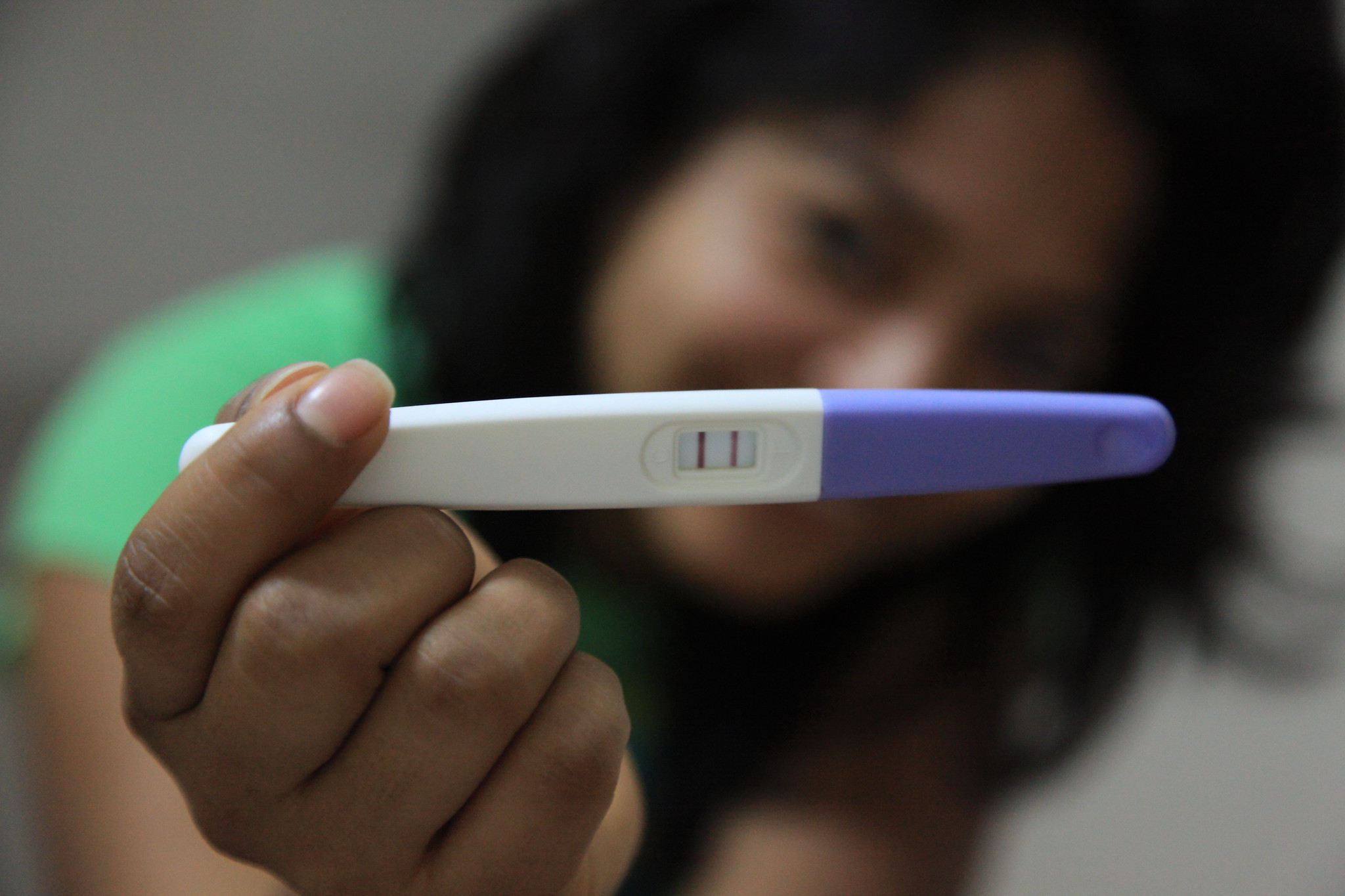Buenos Aires, Argentina – Adolescent pregnancy rates in Argentina have dropped by half in the past 12 years according to an analysis of 2022 national census data released this month. Analysts say more access to sexual education and birth control are the main drivers.
According to The National Institute of Statistics and Censuses (INDEC) Argentina’s population reached 45,892,285 people in 2022, of which 7,126,256 are women between 14 and 49 years old who have had at least one child. Since 2001, birth rates among that age range have dropped from 1.7 children per female to 1.4 in 2022.
Pregnancies amongst adolescent females 15 to 19 years of age dropped from 13.1% in 2010 to 6.4% in 2022, a decrease of more than half.
Despite the falling pregnancy rate, challenges still remain for young mothers in Argentina. INDEC reported that only 40.4% of 15 to 19-year-old mothers continued their secondary studies after becoming pregnant, compared to 84.9% of young women with no children. At the same time, having children boosts adolescent integration into the country’s workforce. According to the data, 36.6% of young women who have at least one child are economically active, versus 22% who have no children.
According to the World Health Organization, the global adolescent birth rate has decreased from 64.5 births per 1,000 women in 2000 to 41.3 births per 1,000 women in 2023.
Public policies promoting sexual education and birth control
In the past couple of decades, Argentina has witnessed the passing of legislation aimed at educating adolescents about sex and providing more access to birth control.
In 2006, Argentina’s Congress passed the Integral Sexual Education Law (ESI), which made it so “every student has the right to receive integral sexual education in public, state-run and private educational institutions.” Despite pushback from the country’s conservative and religious base, the ESI law’s measures have been fully extended across the country.
In Argentina, sex education based on the ESI law teaches how to care for body and health, value affectivity, guaranteeing gender equality, respecting diversity, and exercising reproductive rights.

In 2017, during the administration of President Mauricio Macri, the national government started the Adolescents’ Unintentional Pregnancy Prevention Plan (ENIA). Derived from the ESI law, this plan aimed to improve sexual and reproductive health services and strengthen policies to prevent sexual abuse and violence. ENIA services are managed by the ministries of health, social development and education.
Argentina Reports contacted Valeria Isla, the former Director of Sexual and Reproductive Health during the administration of former President Alberto Fernández, and Silvina Ramos, a researcher at the Center for the Study of State and Society (CEDES), a Buenos Aires-based think tank.
The pair pointed out a report they developed about the ENIA’s performance from its inception until 2023. According to Isla and Ramos’ work, the ENIA has contributed to lowering the adolescent pregnancy rate by 45% since 2018. Their report also underlined that the government was able to deploy instructors in every province to improve the federal implementation of the plan.
Another big win for women’s reproductive rights came in December 2020, when Argentina legalized abortion, a law pushed forward by activists known as the Green Wave.
Following the election of far-right Libertarian President Javier Milei in 2023, the future of Argentina’s progress toward women’s health remains less certain.
Last week, Vice President Victoria Villarruel launched an abortion ban campaign. “Ending the life of a vulnerable human being is not a right. Argentina must always be a land of life,” Villarruel posted on X. Milei himself has repeatedly defined abortion as “aggravated murder based on family ties and disparity of force.”
Without on-record commentaries from new government officials regarding birth control policies to date, the future is uncertain for the ESI law and ENIA plan.











